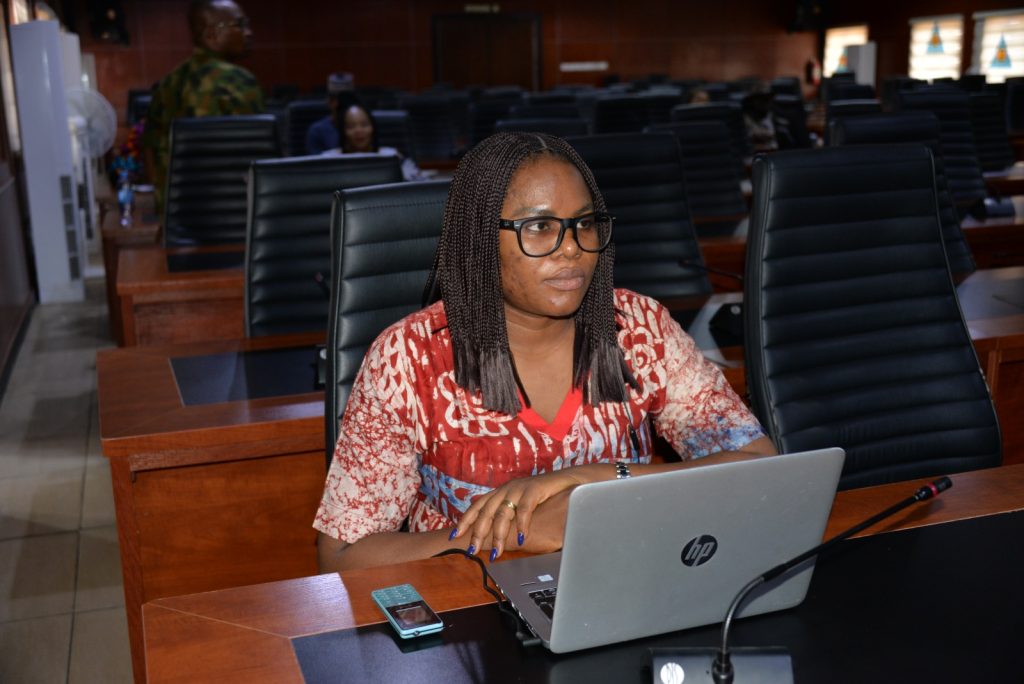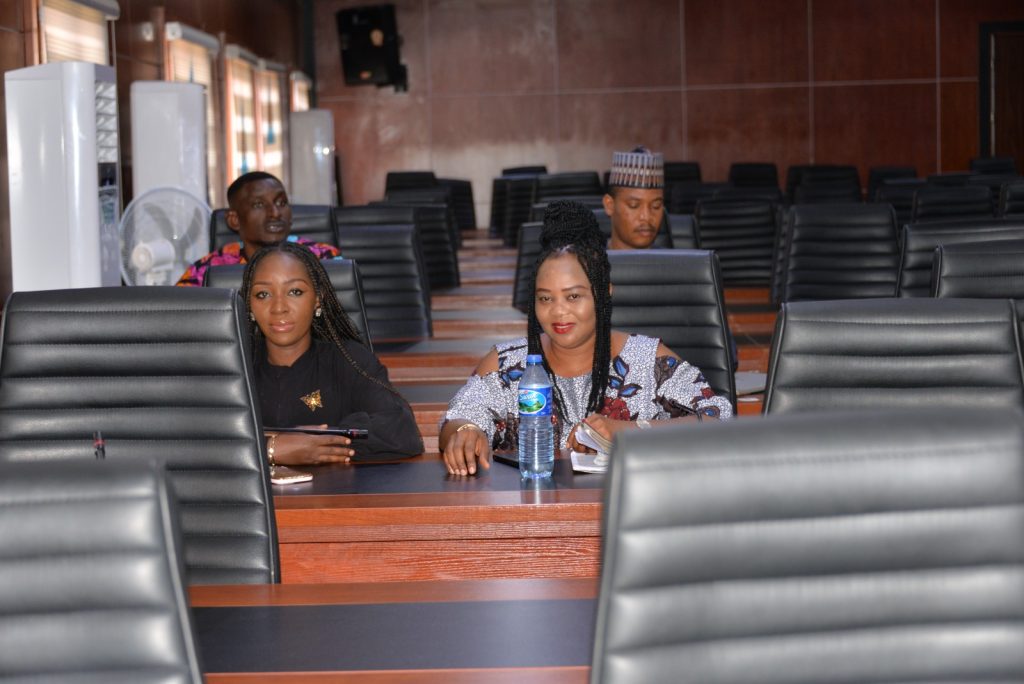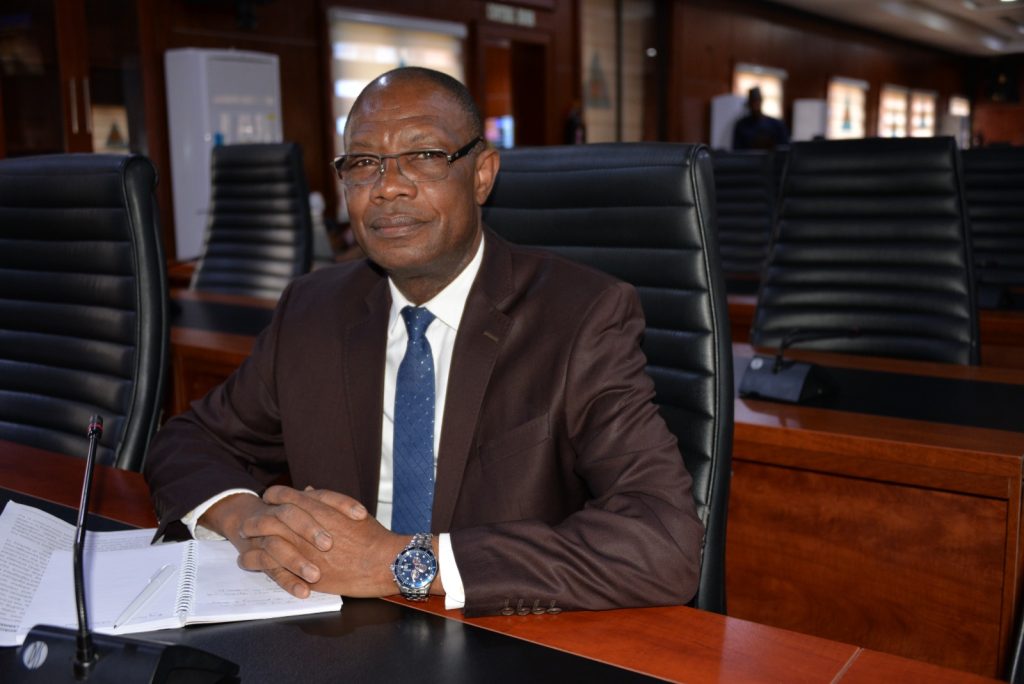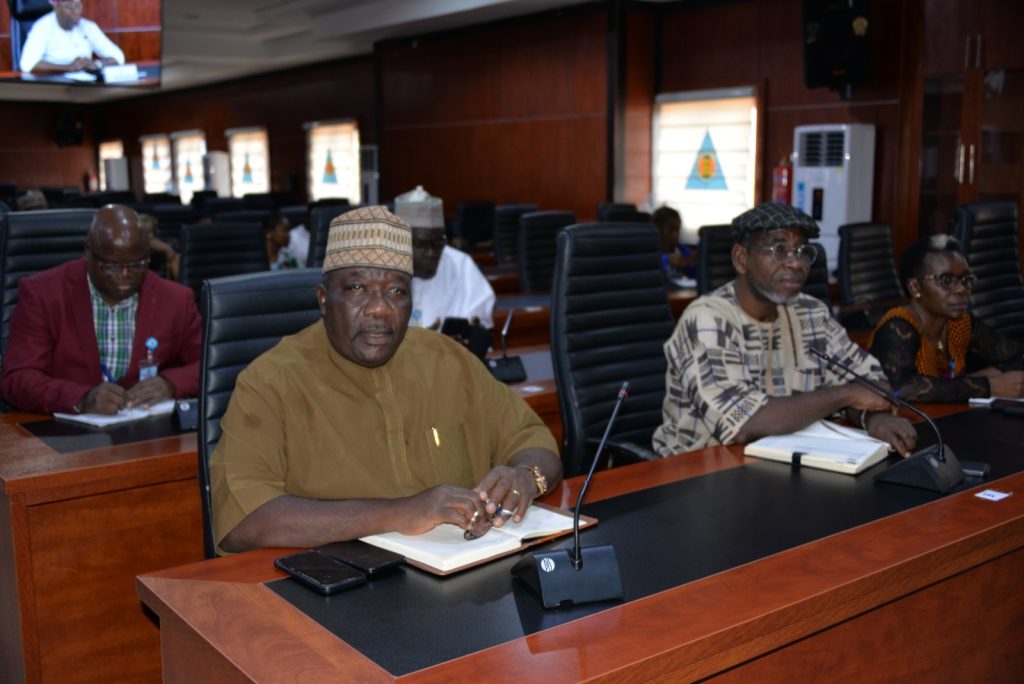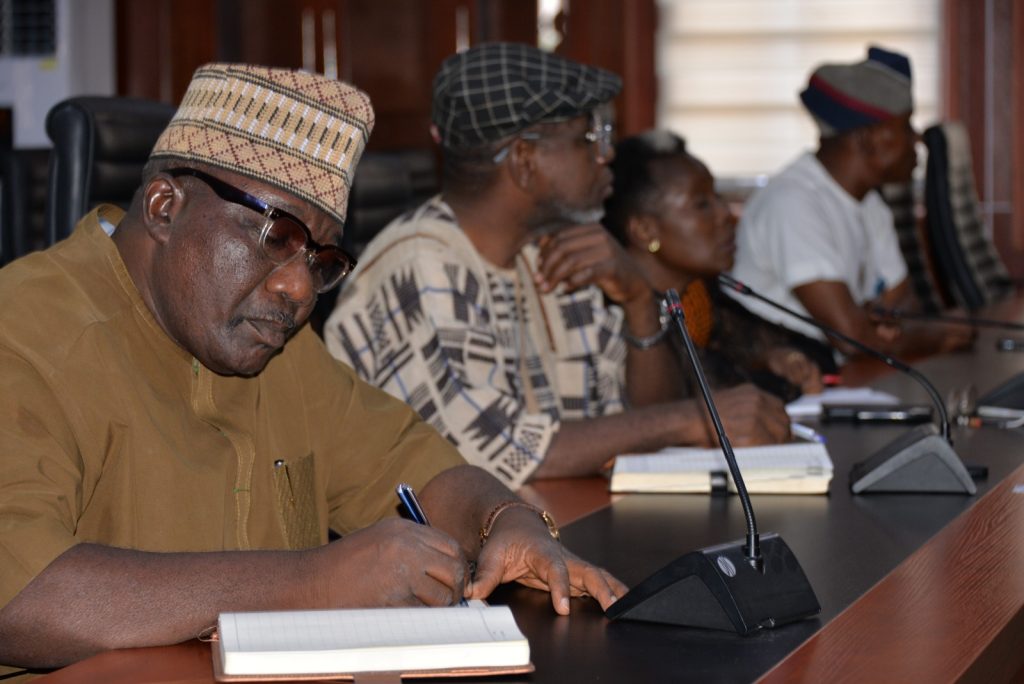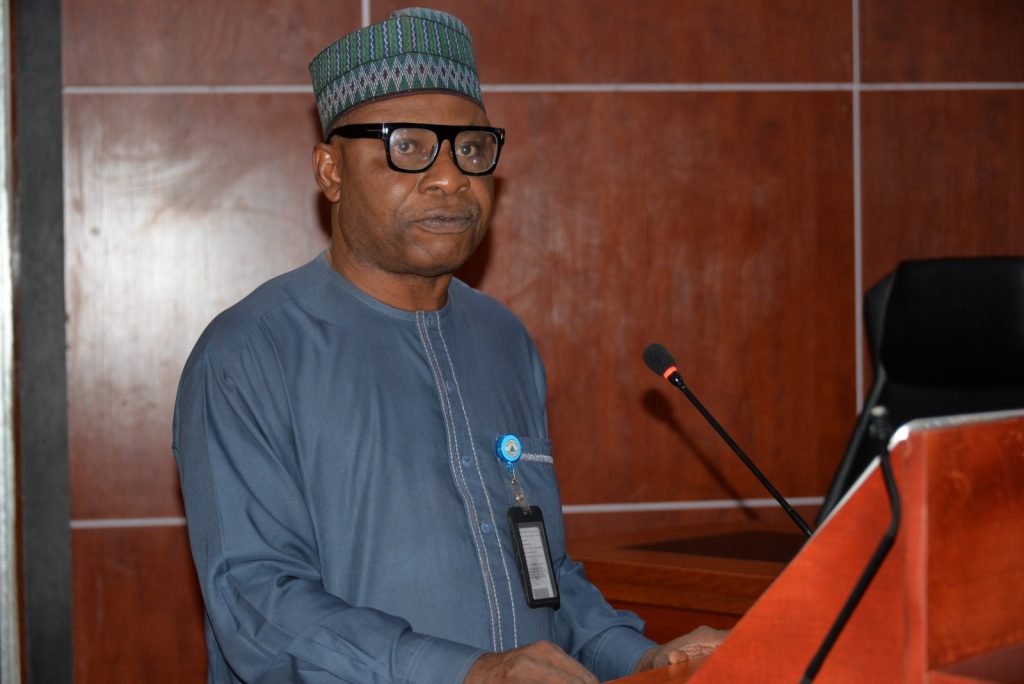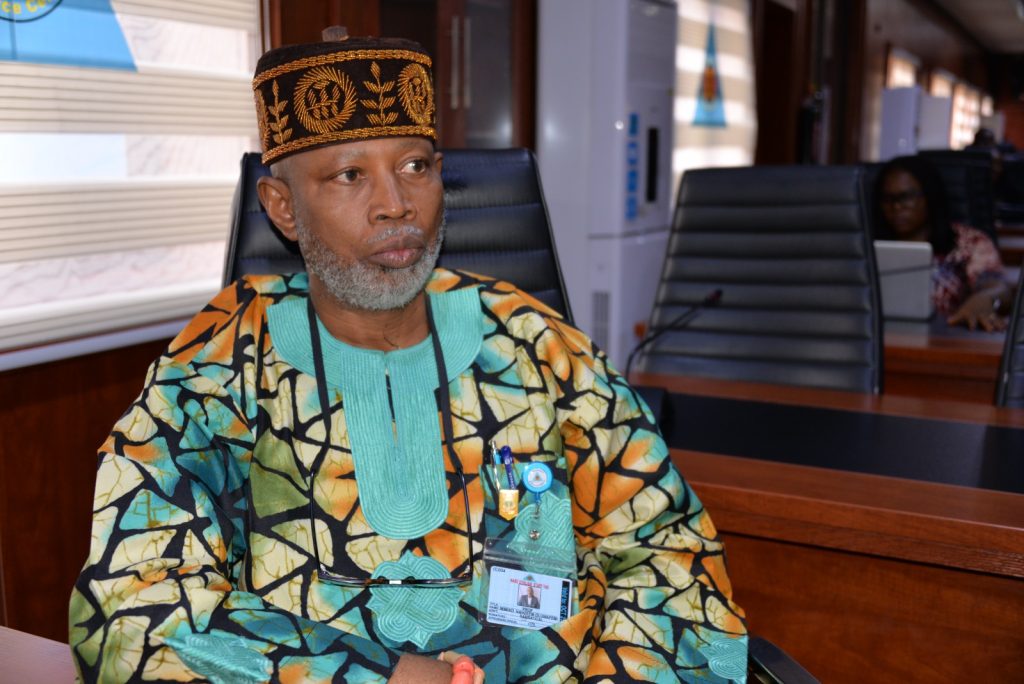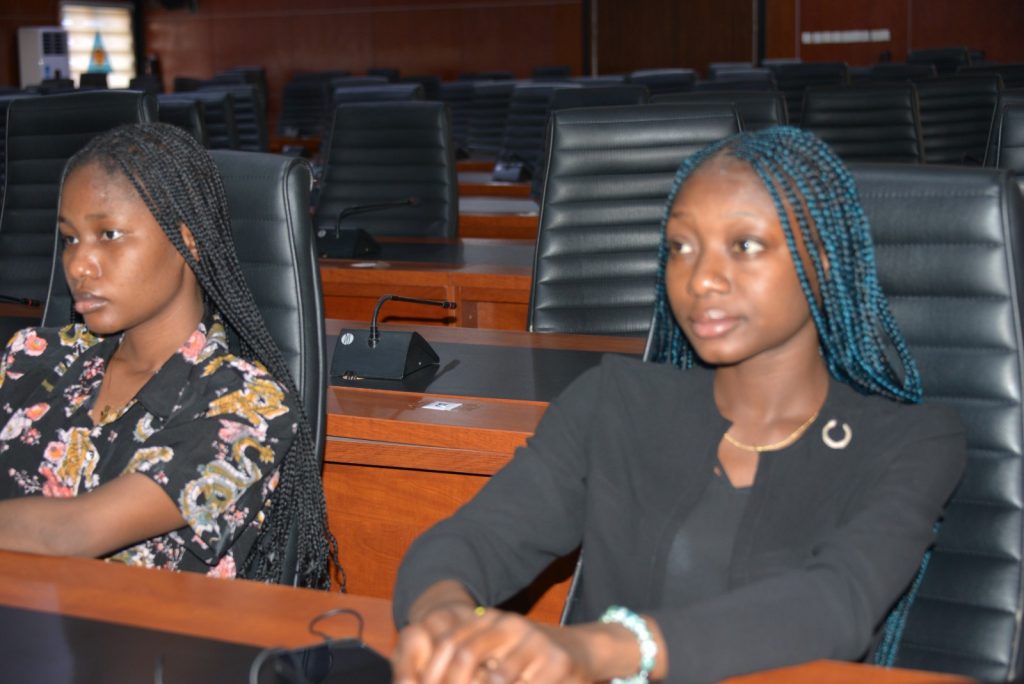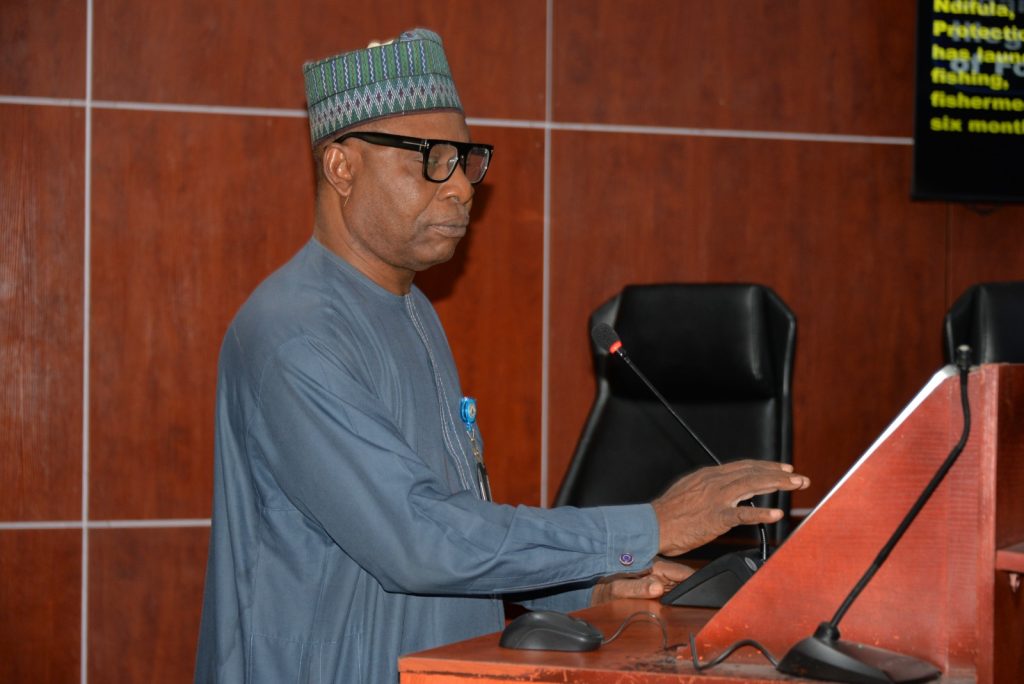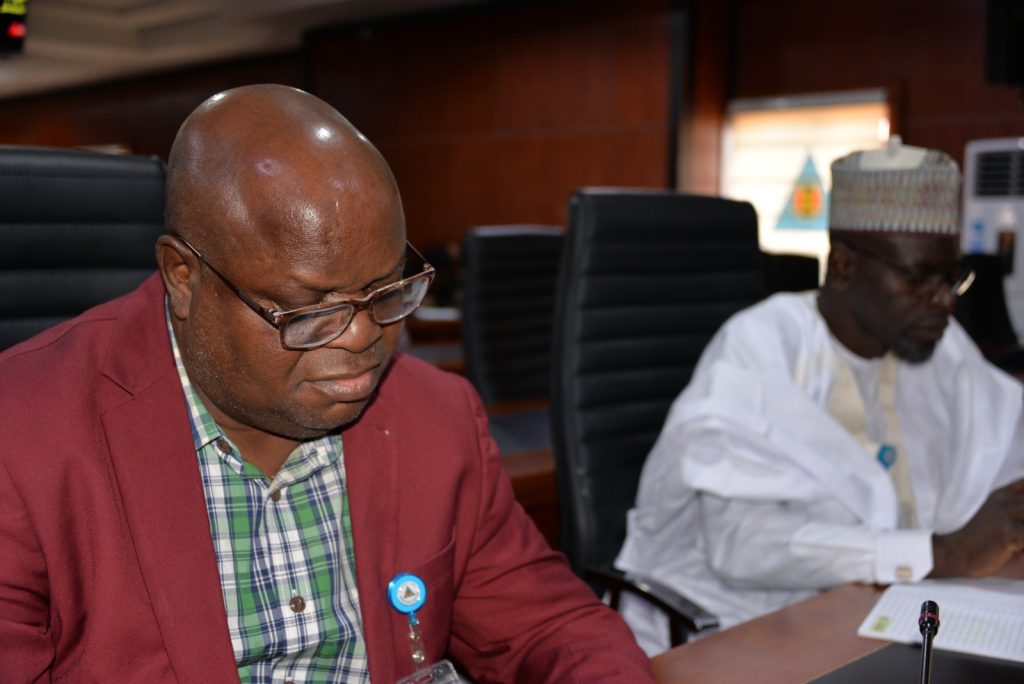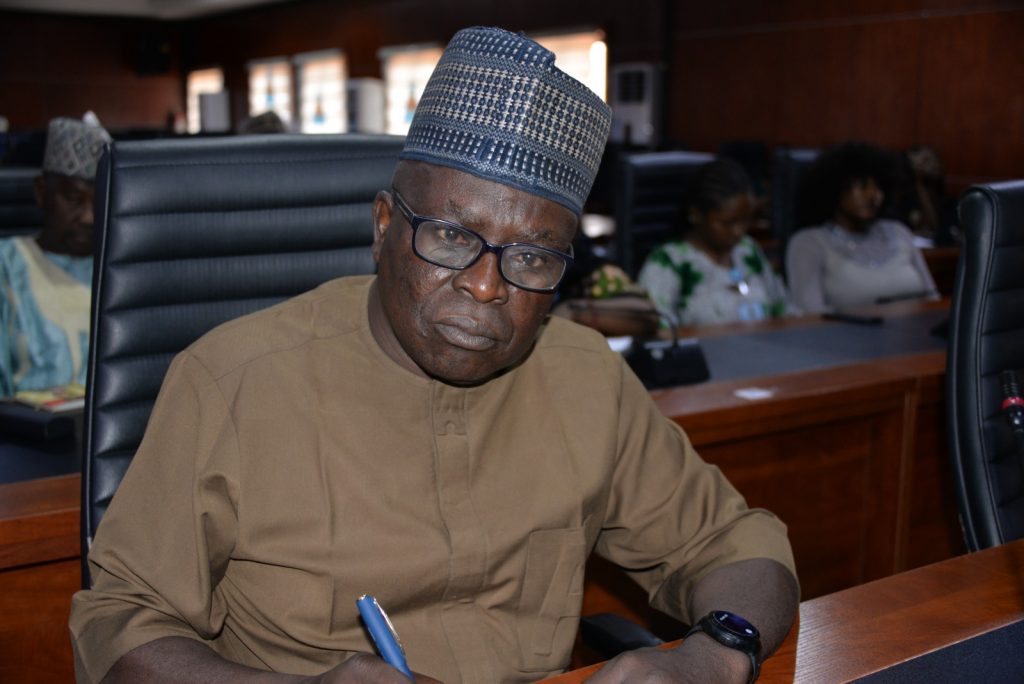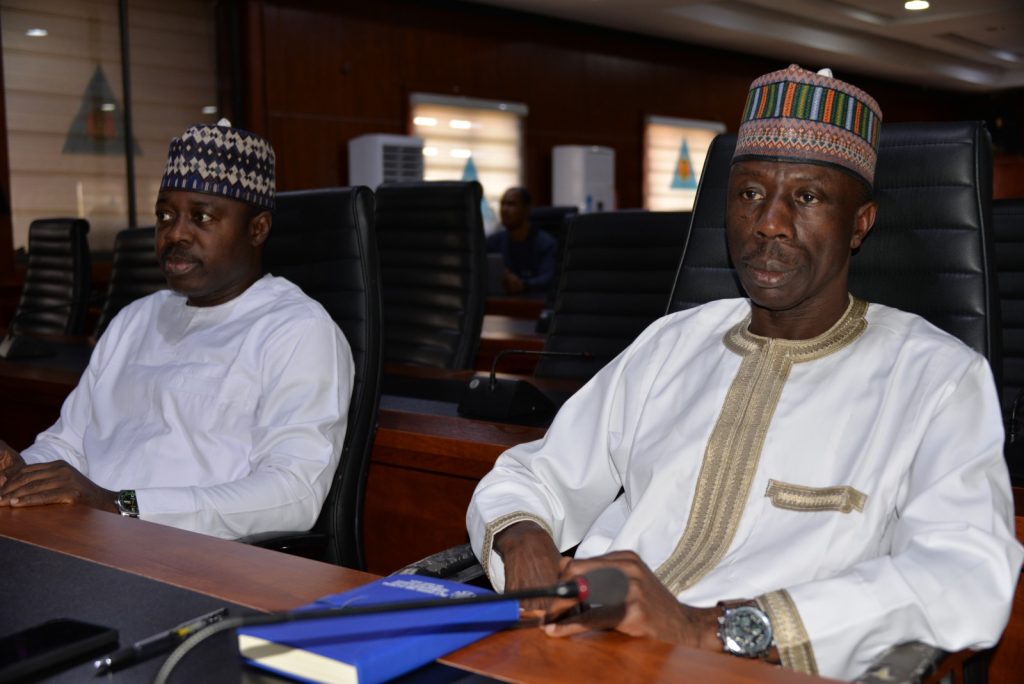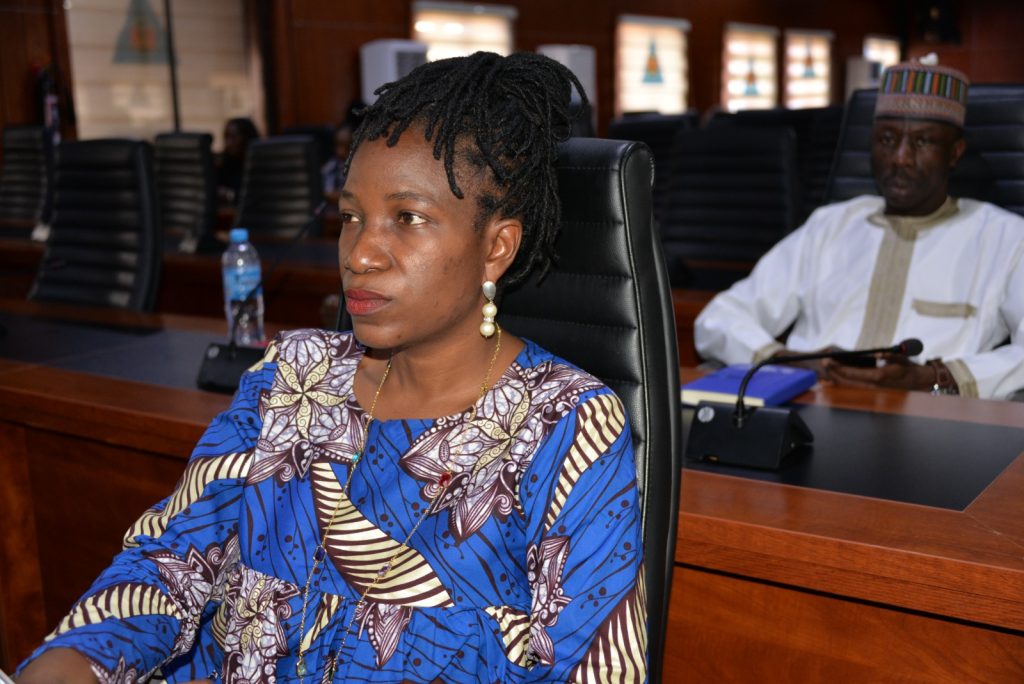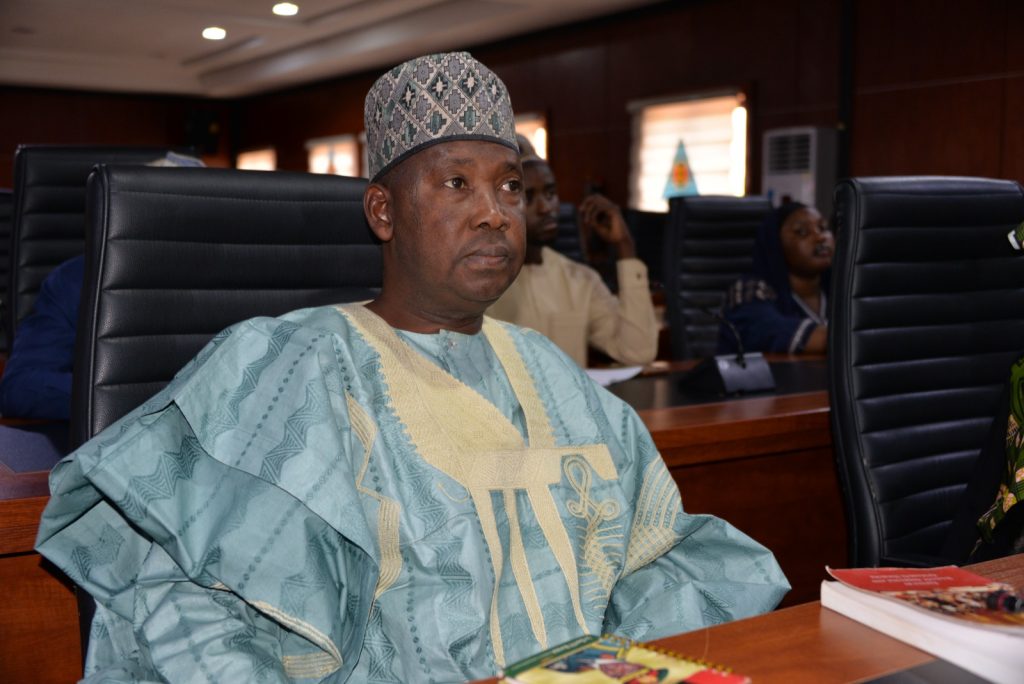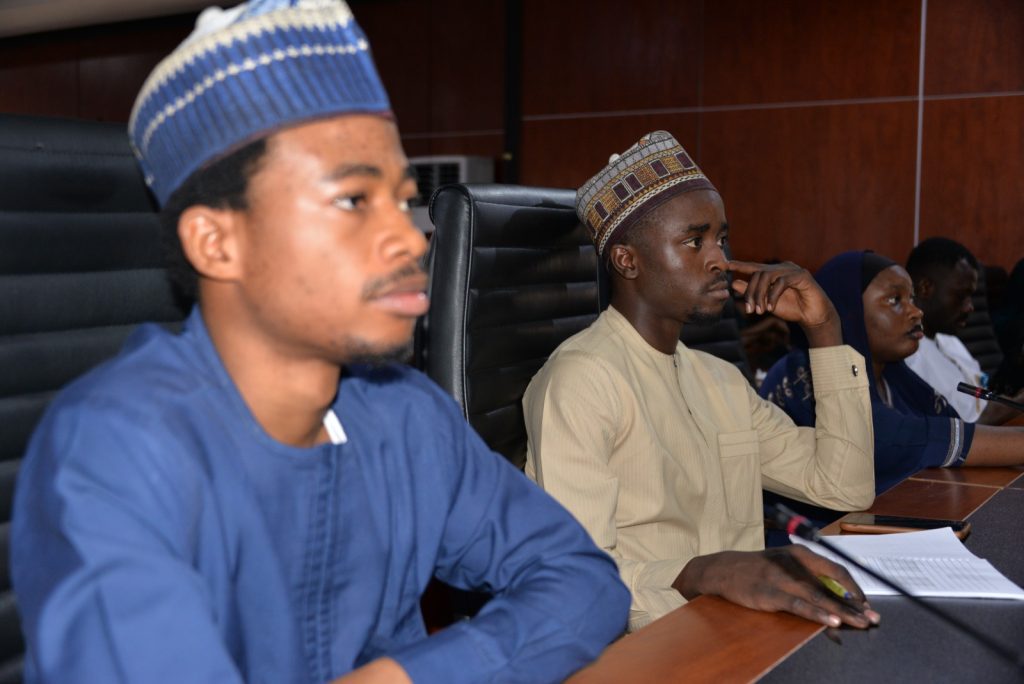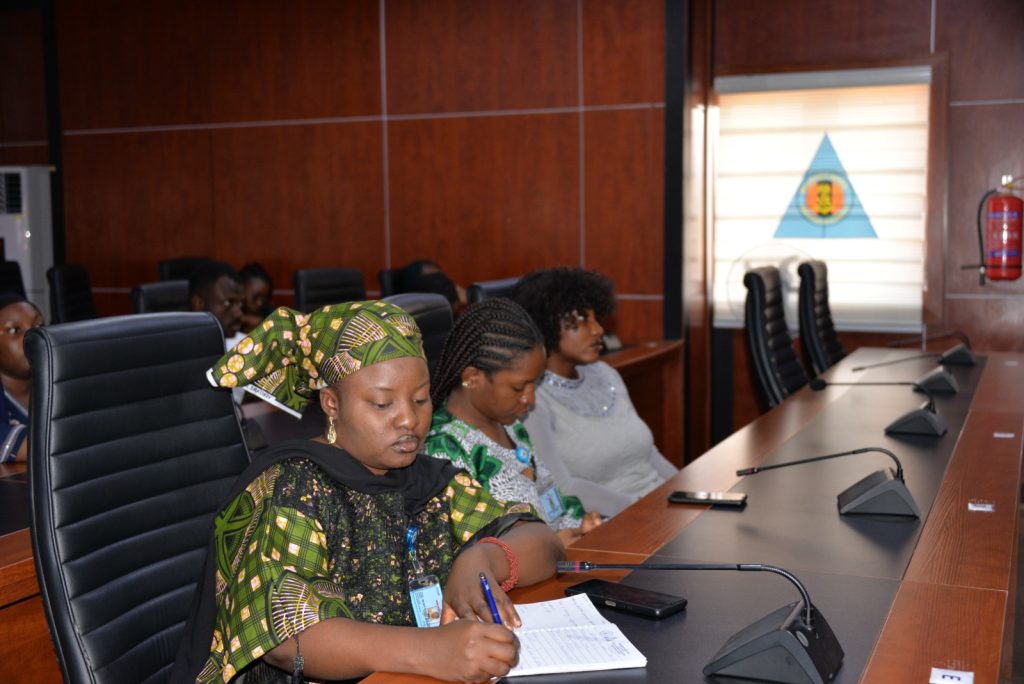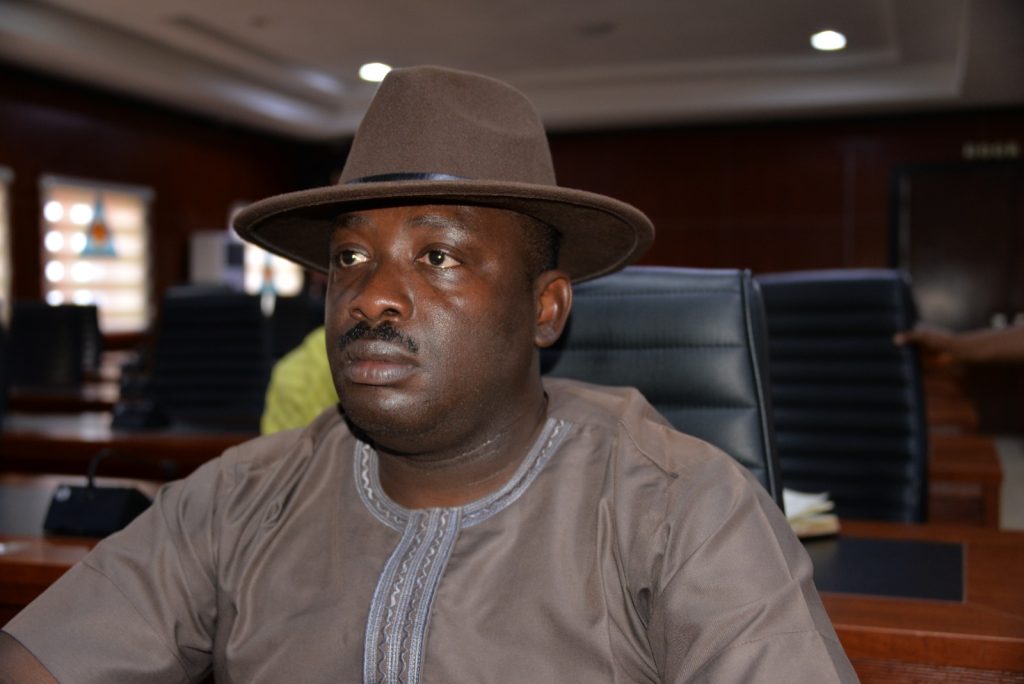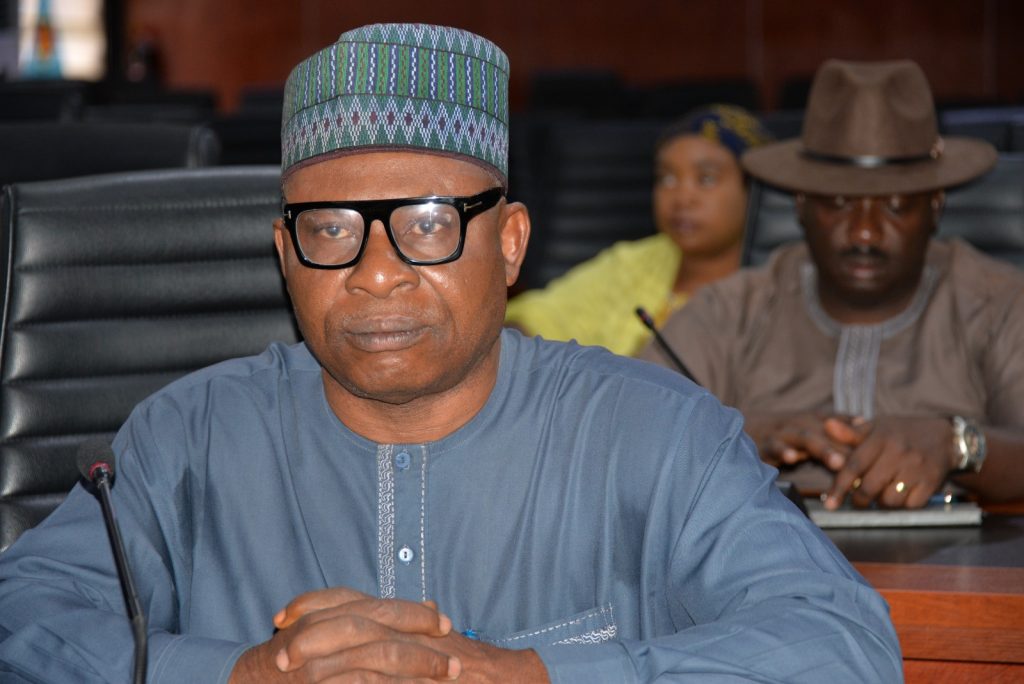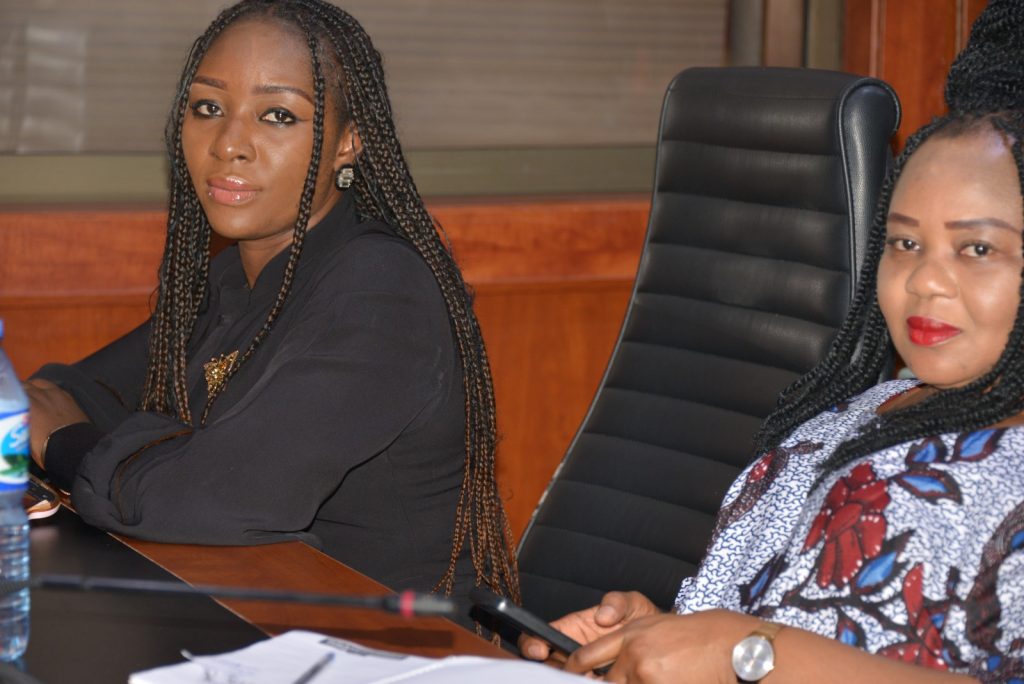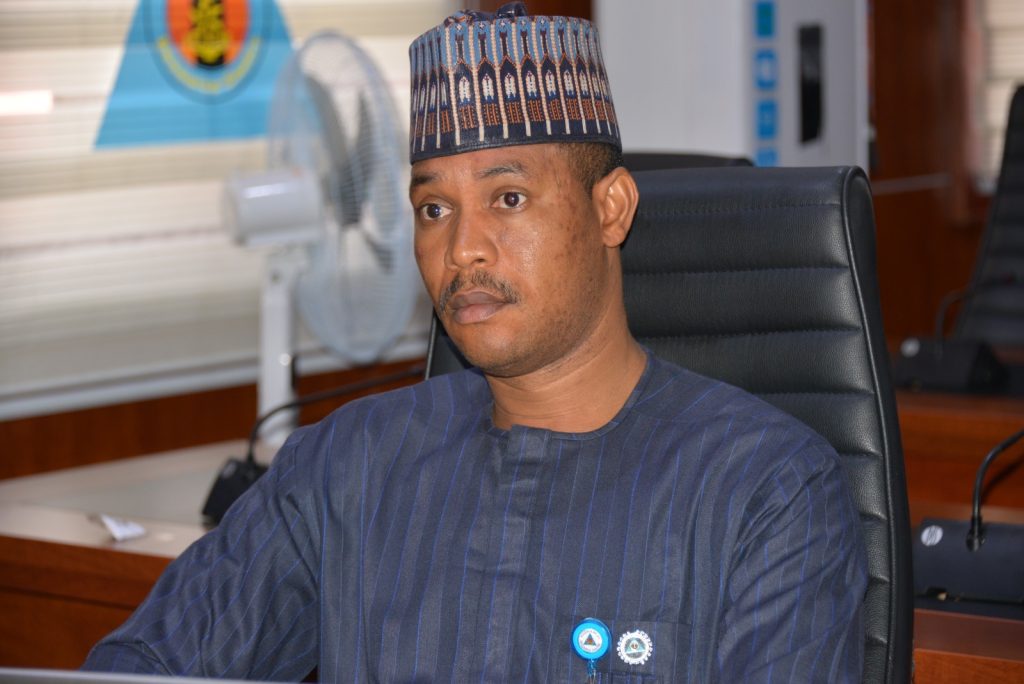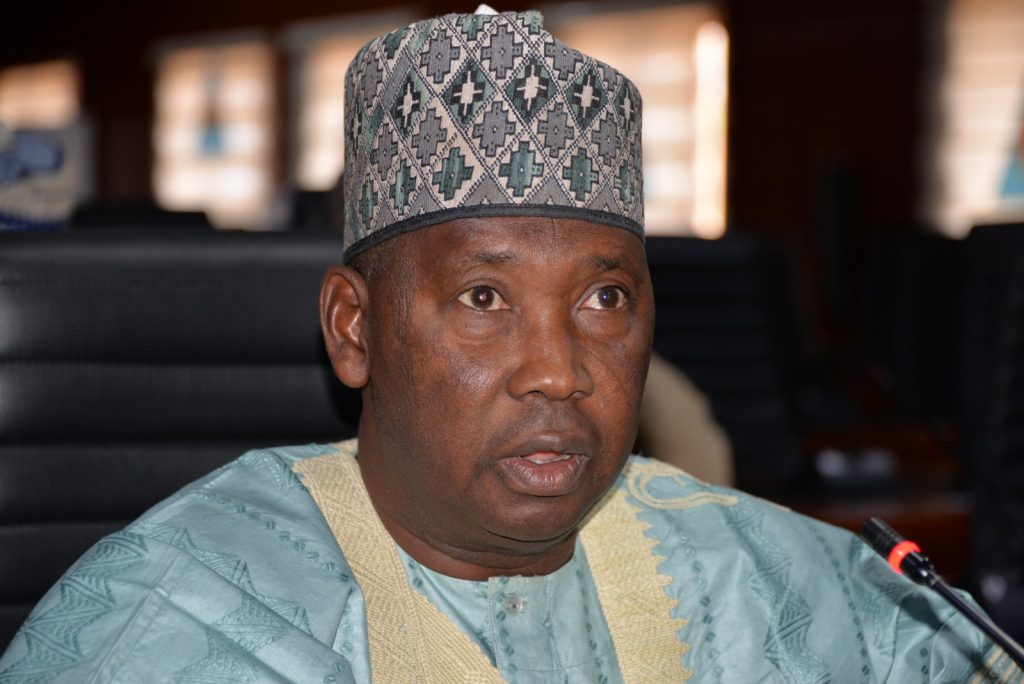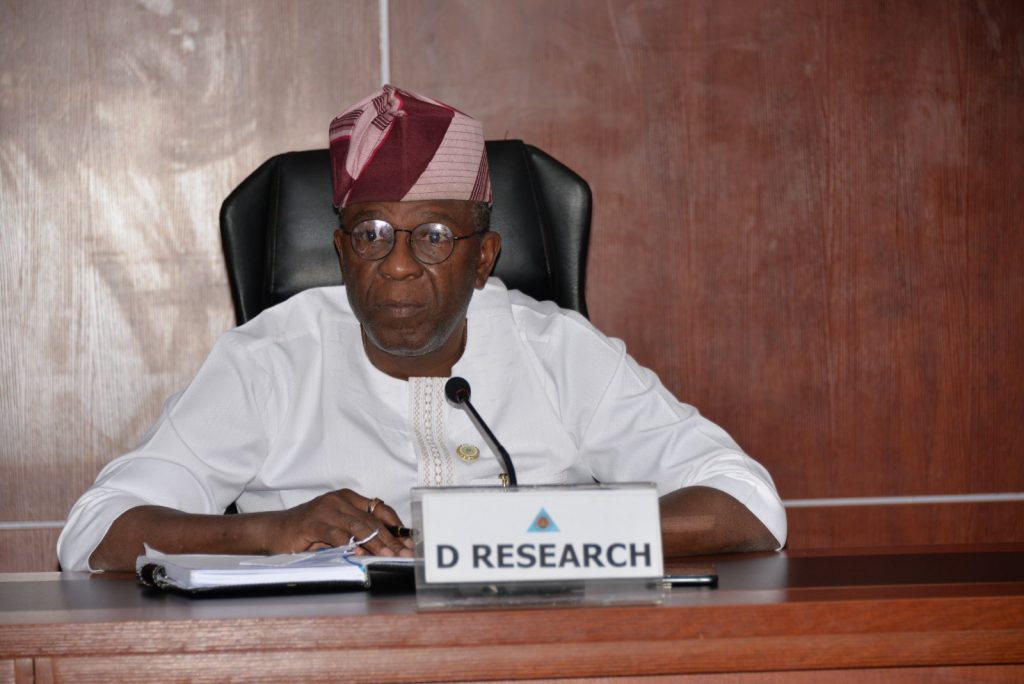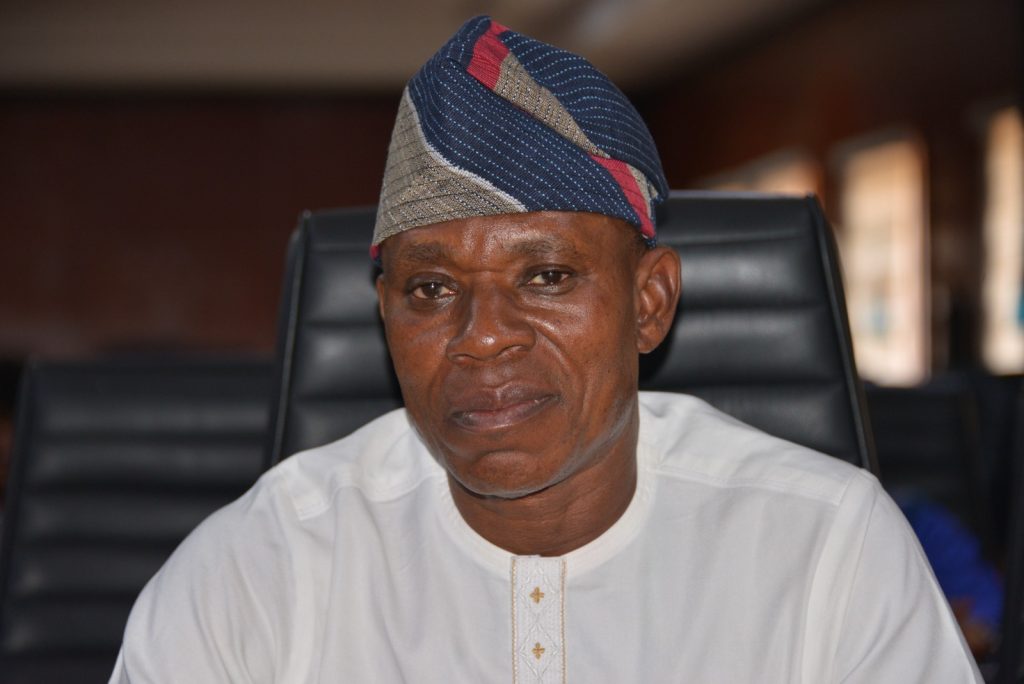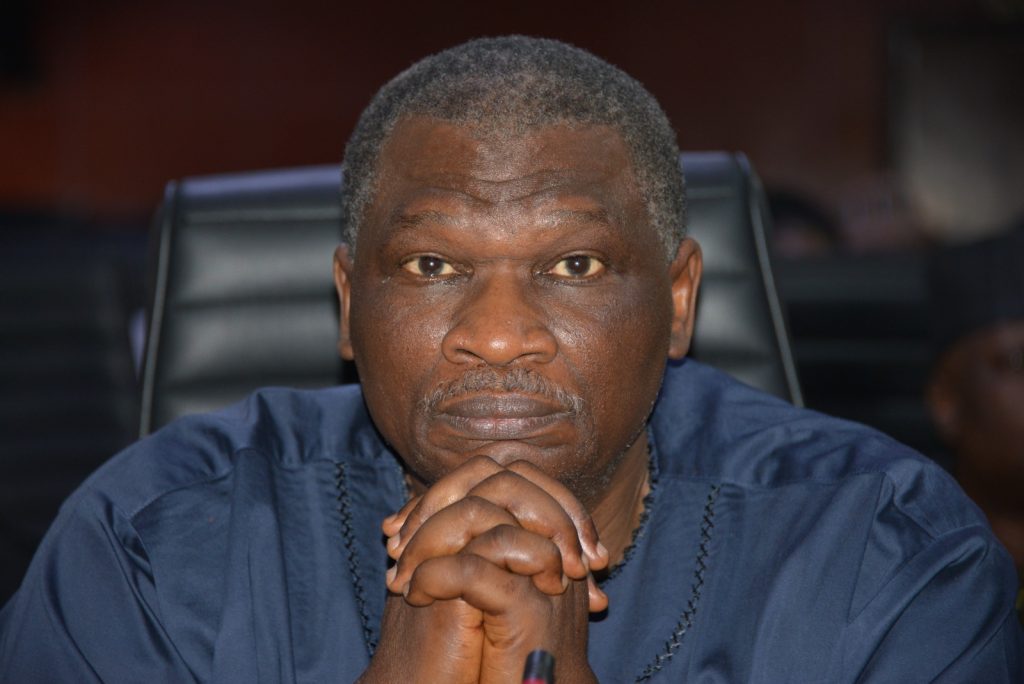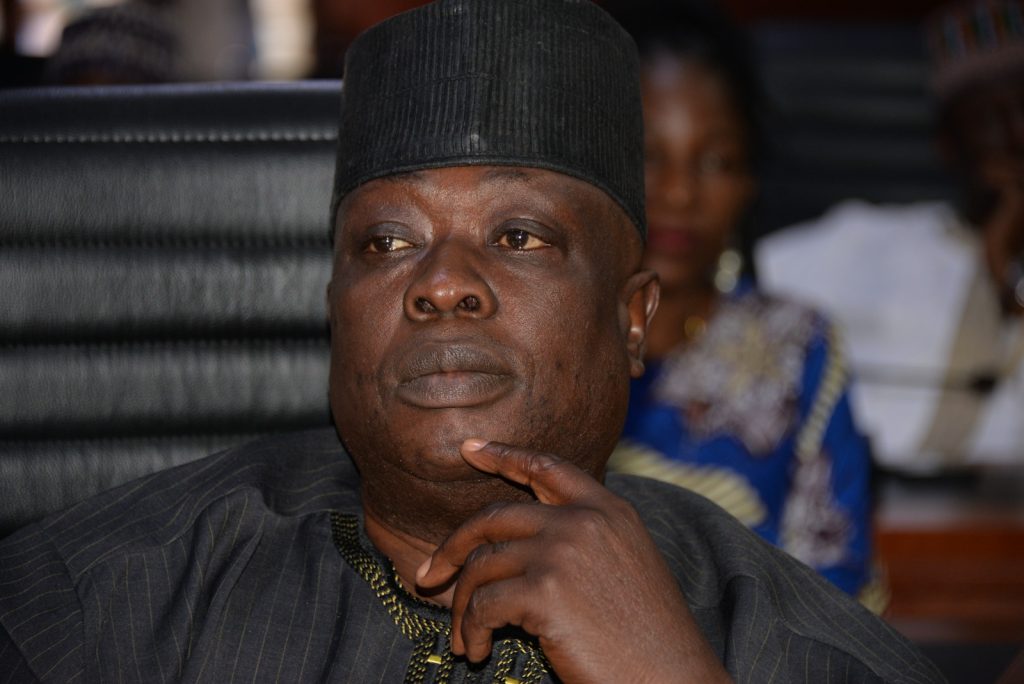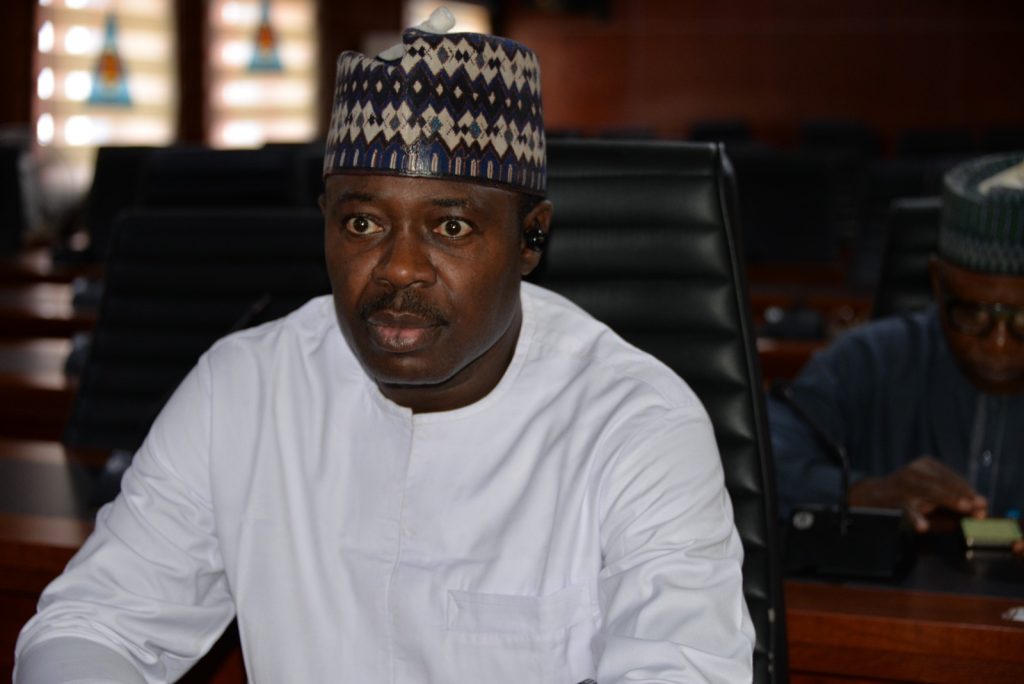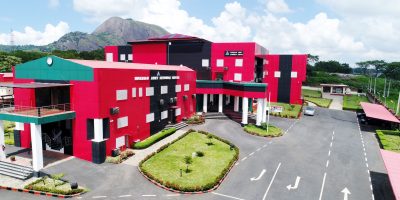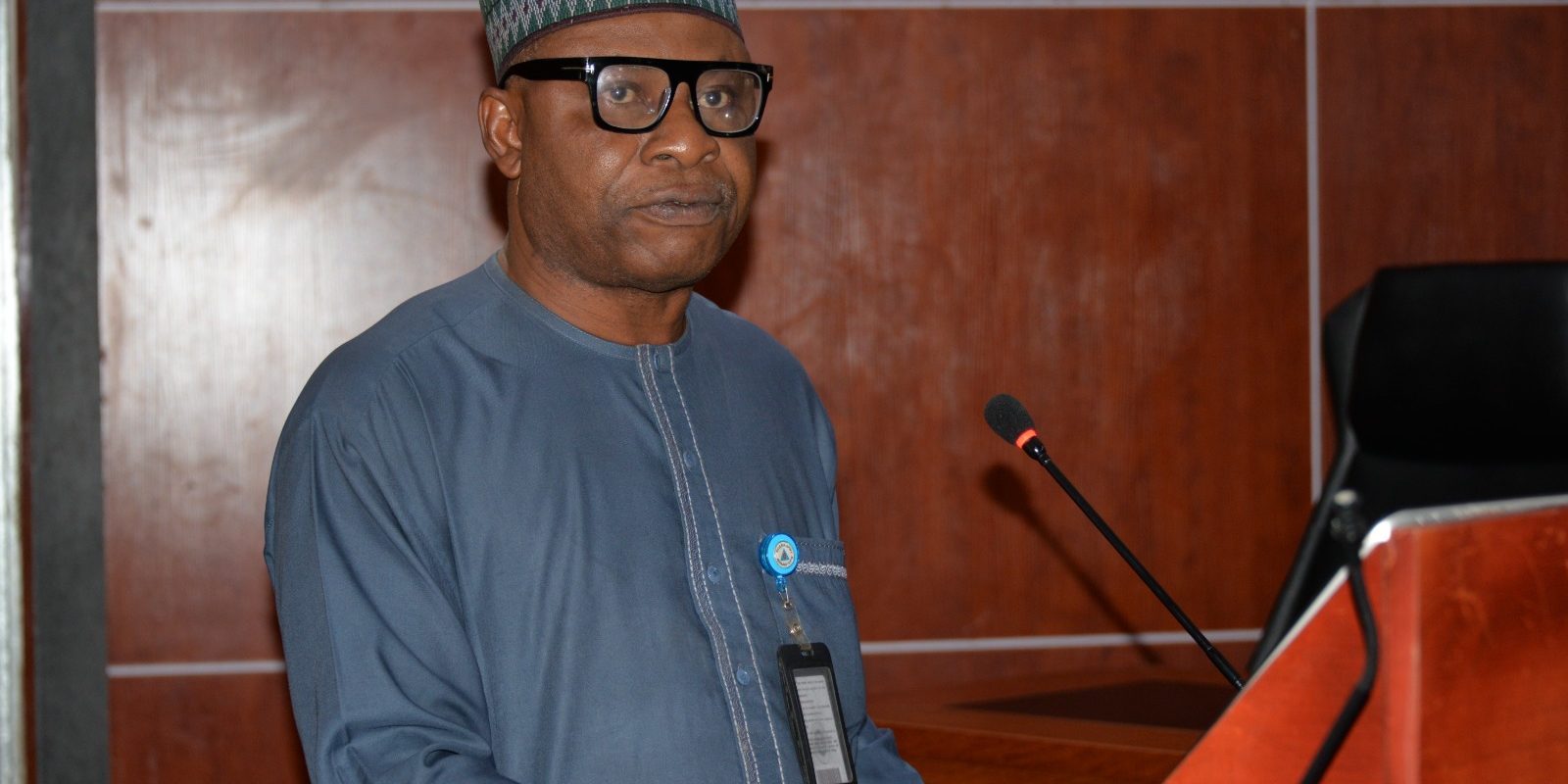Nigerian Army Resource Centre (NARC) Weekly Subject Experts’ Presentation was held at Hall C, TY Buratai Block, Abuja. The only presentation for the day was made by the Subject Experts on East and Central Africa.
The presentation was made by Brig Gen ED Idimah subject expert on East and Central Africa. His presentation discussed how, Uganda Cracks Down on Illegal Fishing: Thousands of Foreigners Arrested. On Wednesday, 22 January 2025, Lt Laoben Ndifula, the Spokesperson for Ugandan Fish Protection Unit, told journalists that Uganda has launched a massive crackdown on illegal fishing, arresting at least 1,742 foreign fishermen and 8,009 Ugandans over the past six months. The operation targeted illegal fishing activities in shared lakes, including Lakes George, Edward, and Albert, as well as Lake Victoria, which is bordered by Uganda, Tanzania, and Kenya. Kenyans made up the largest group of foreign nationals arrested, with 935 individuals detained, followed by 557 from the Democratic Republic of Congo (DRC) and 150 from Rwanda. Those arrested were found using prohibited fishing gear and have been charged and convicted in court, with some facing deportation and others serving prison sentences in Uganda.
In his analysis and lessons for Nigeria, Brig Gen ED Idimah noted that, Nigeria, with its extensive coastline and rich marine biodiversity, is home to a thriving fishing industry that plays a crucial role in the country’s economy and food security. However, illegal, unreported, and unregulated (IUU) fishing, particularly by foreign vessels, has increasingly undermined this vital sector. According to the Food and Agriculture Organization (FAO), IUU fishing accounts for about 20% of the global catch, with developing nations like Nigeria being disproportionately affected (FAO, 2021). Illegal fishing in Nigeria’s territorial waters primarily involves foreign vessels from countries such as China, Spain, and Taiwan.
These vessels often exploit loopholes in regulations, engage in overfishing, and use destructive fishing methods that threaten marine biodiversity (Oceana, 2020). The National Oceanic and Atmospheric Administration (NOAA) notes that such practices have led to the depletion of key fish stocks and have jeopardized the livelihoods of local fishing communities (NOAA, 2021). The socio-economic impact of illegal fishing is profound. Local fishermen, who depend on fishing for their livelihoods, face increased competition from foreign vessels that can afford advanced technology and larger catches. This competition results in reduced fish stocks, leading to lower income for local fishermen and increased food insecurity (Nwankwo & Nwankwo, 2020). Additionally, the loss of income affects local economies, particularly in coastal communities that rely heavily on fishing.
He recommended that, the FGN through the Ministry of Foreign Affairs should collaborate with neighboring countries and international bodies to share information and resources for combating illegal fishing across Nigerian borders.
